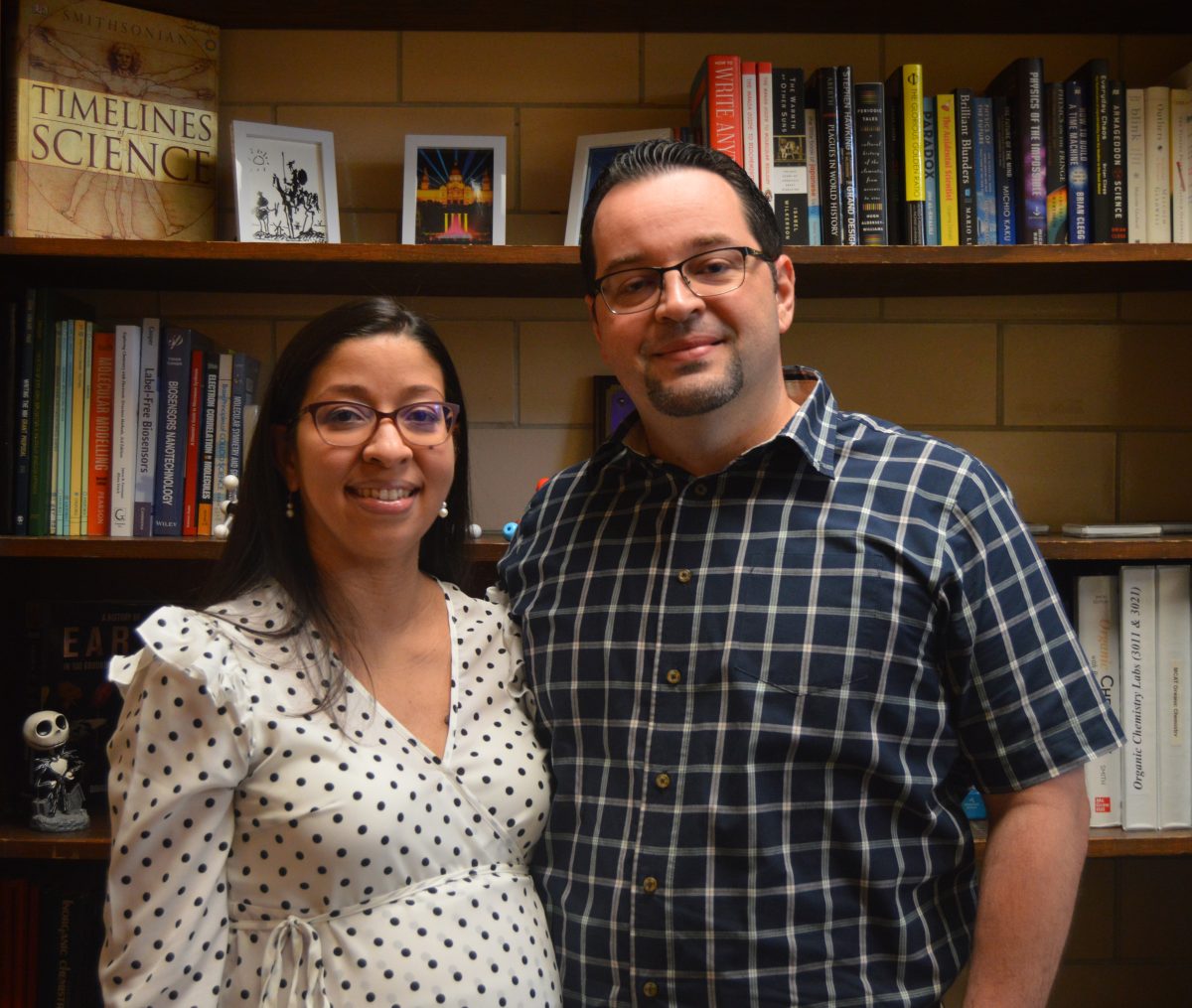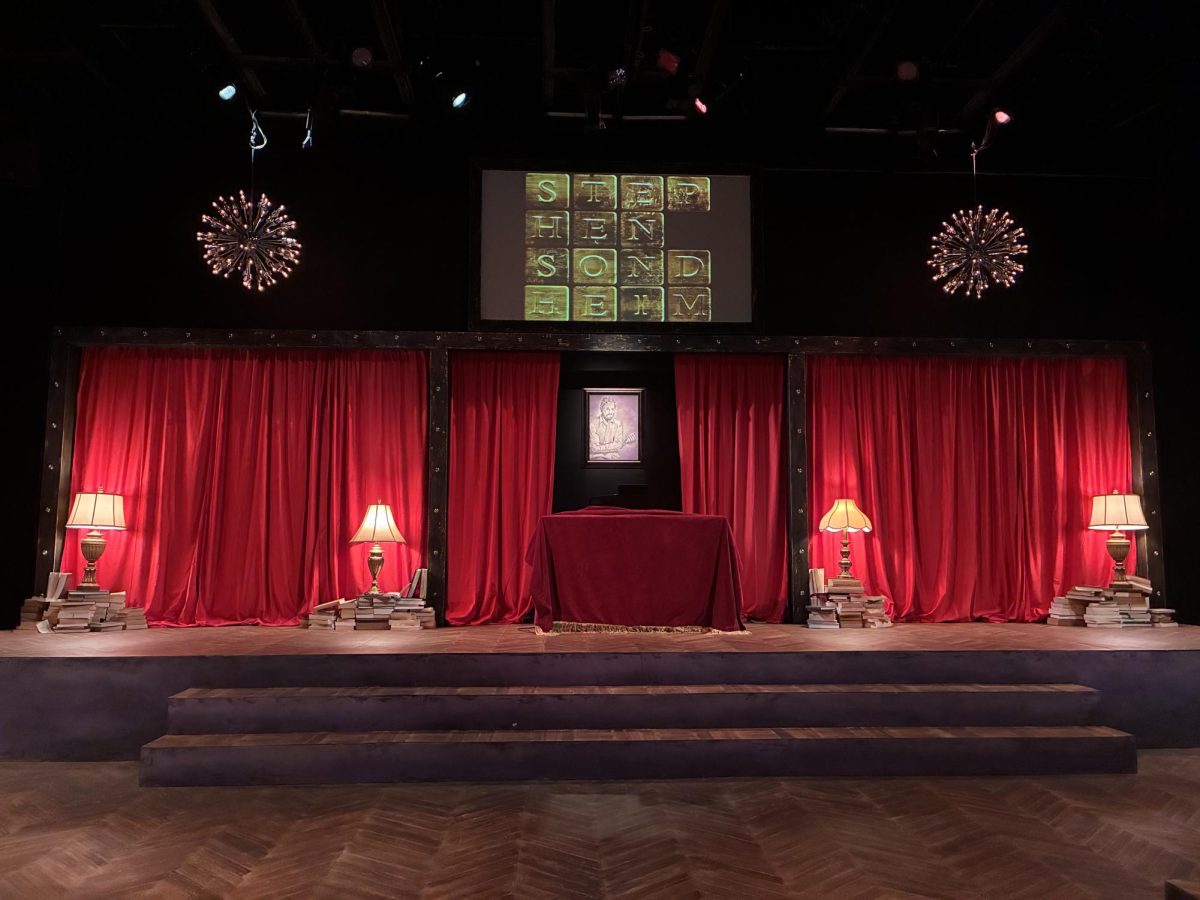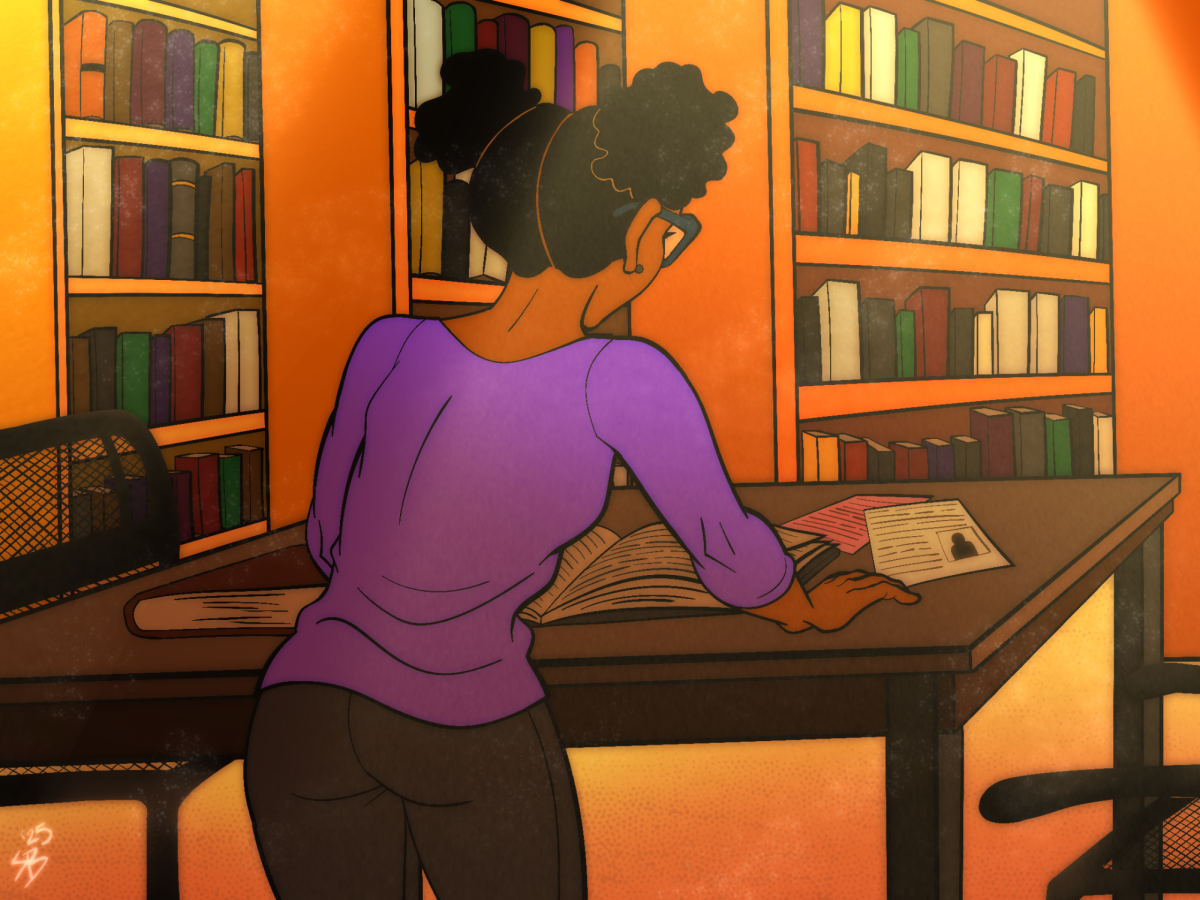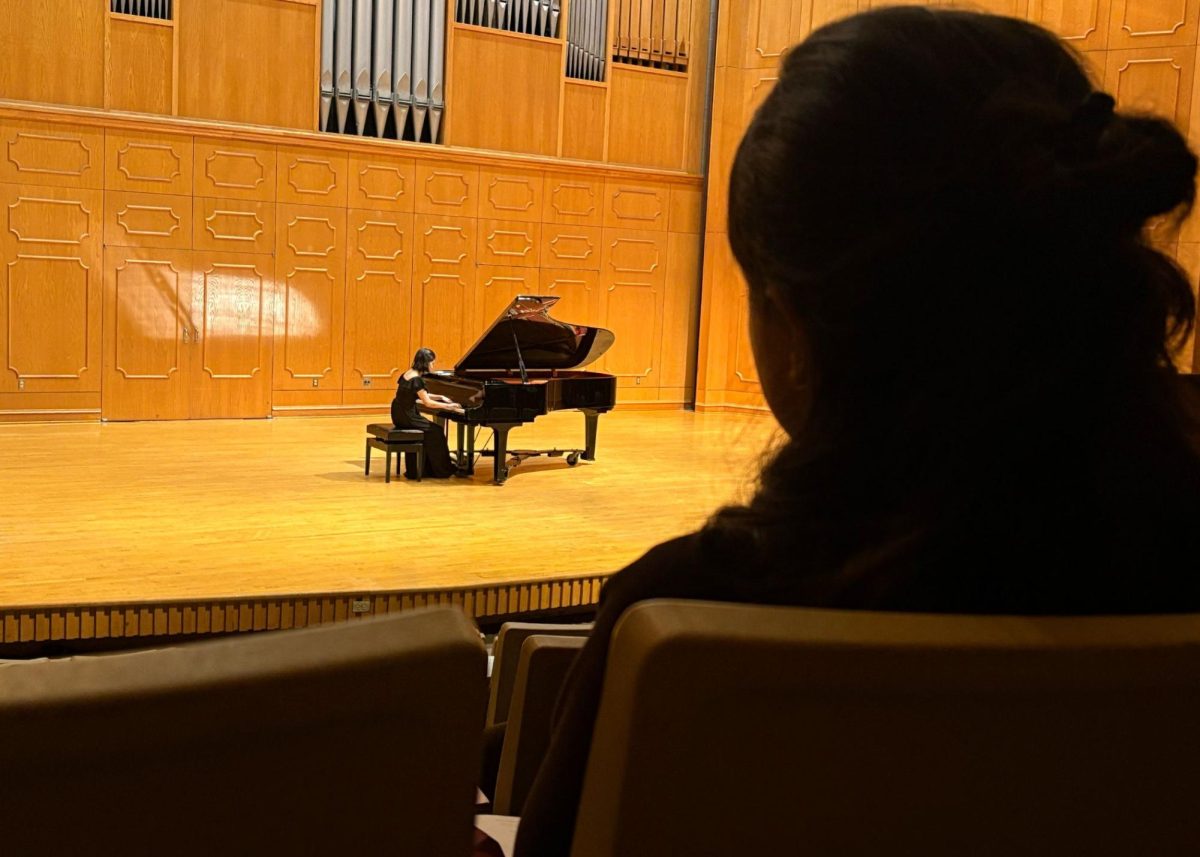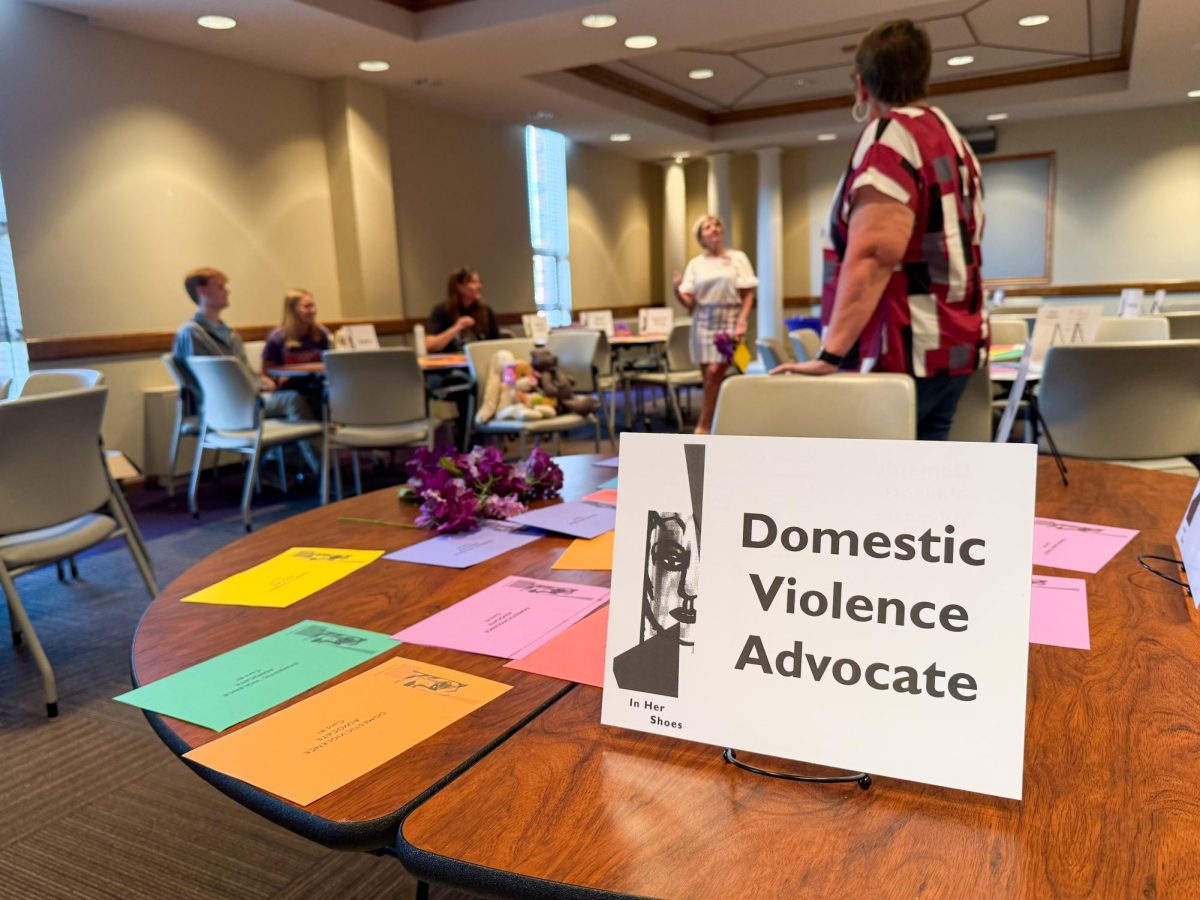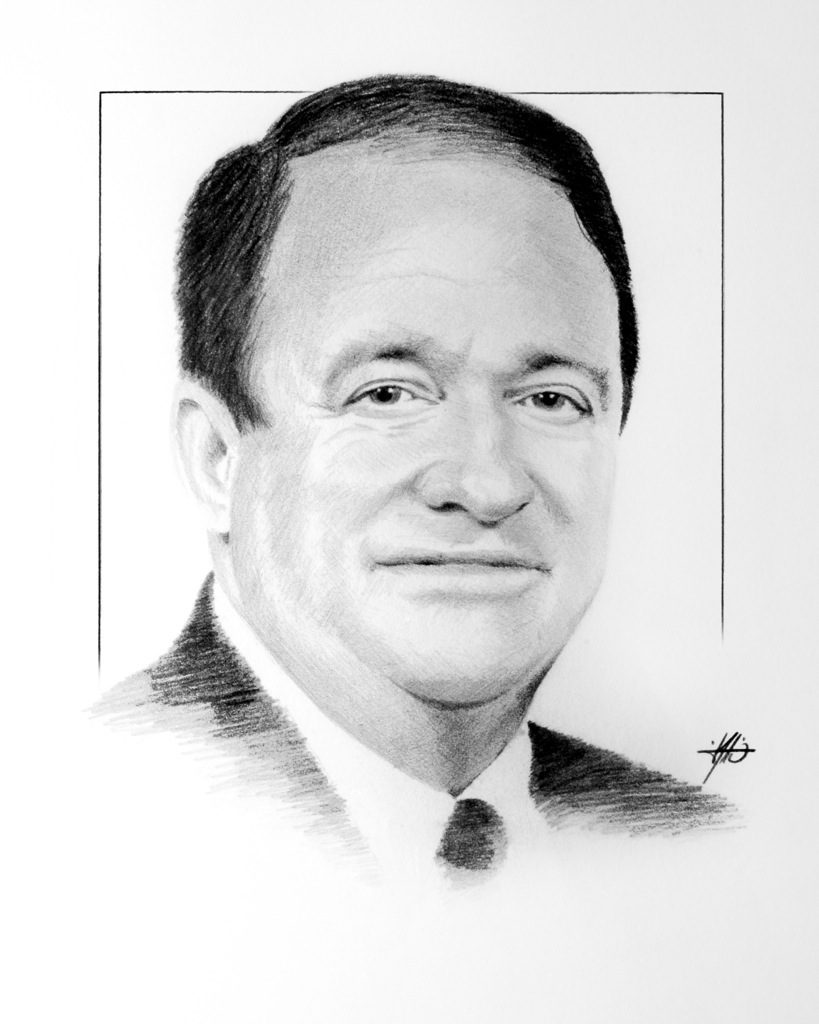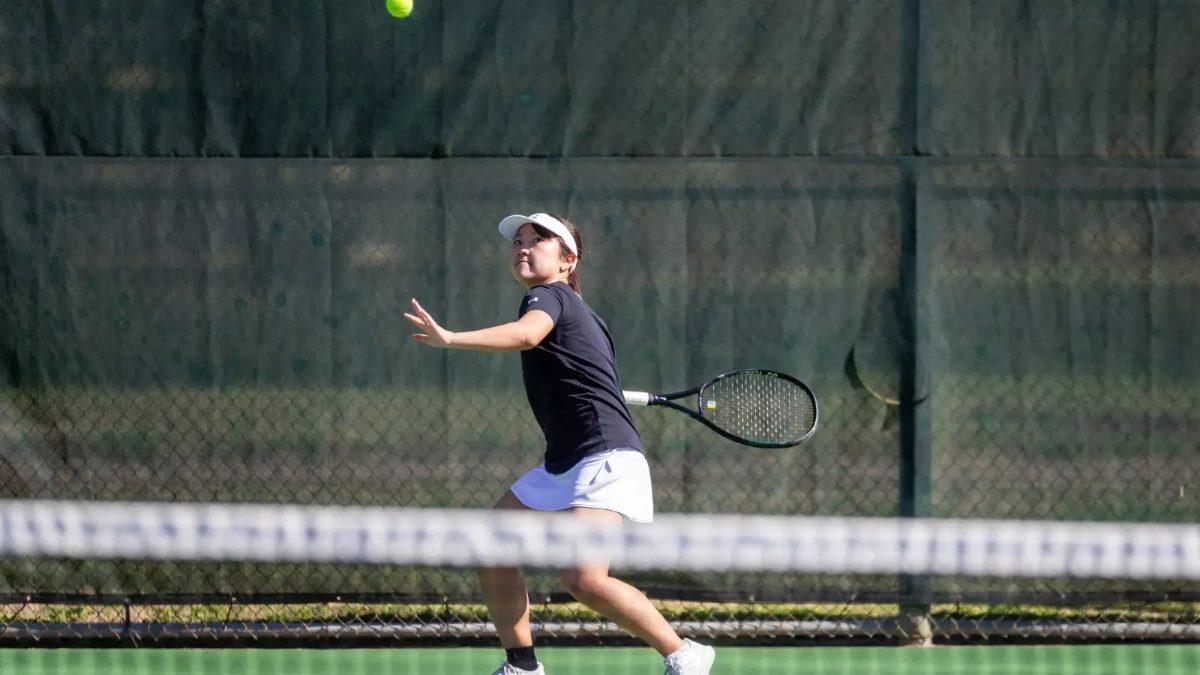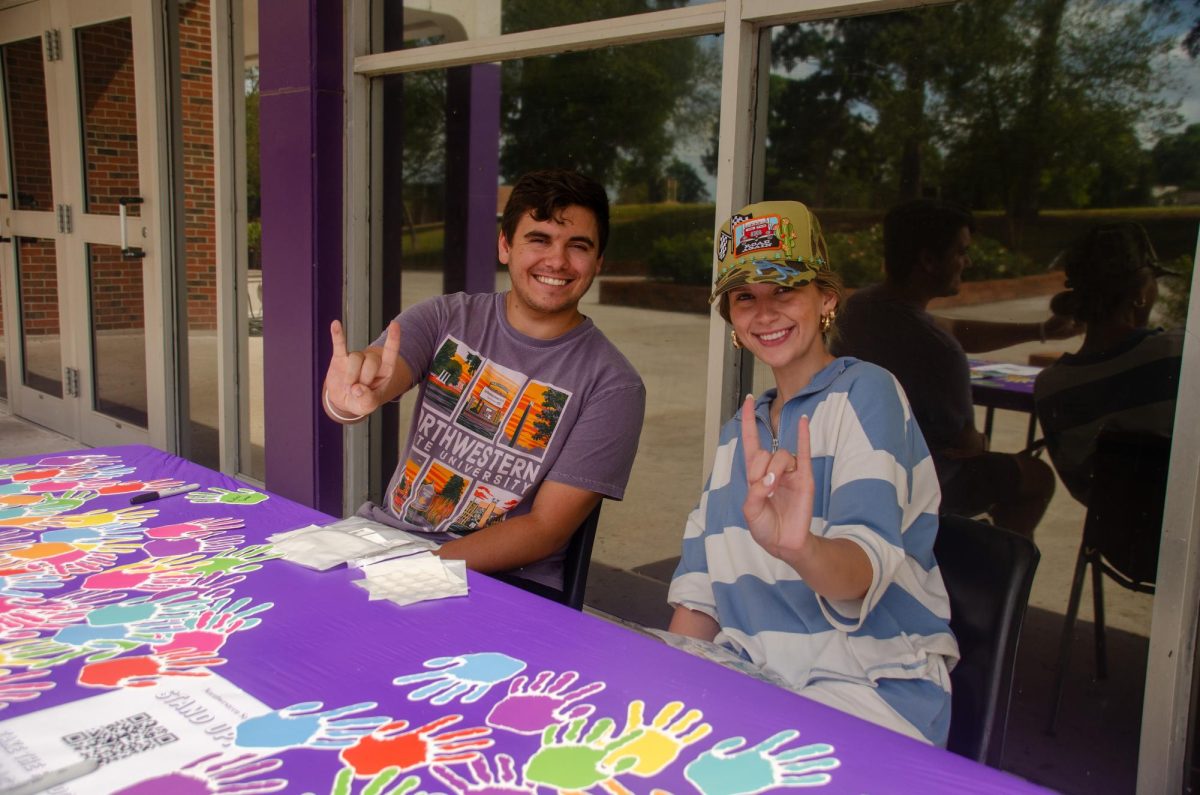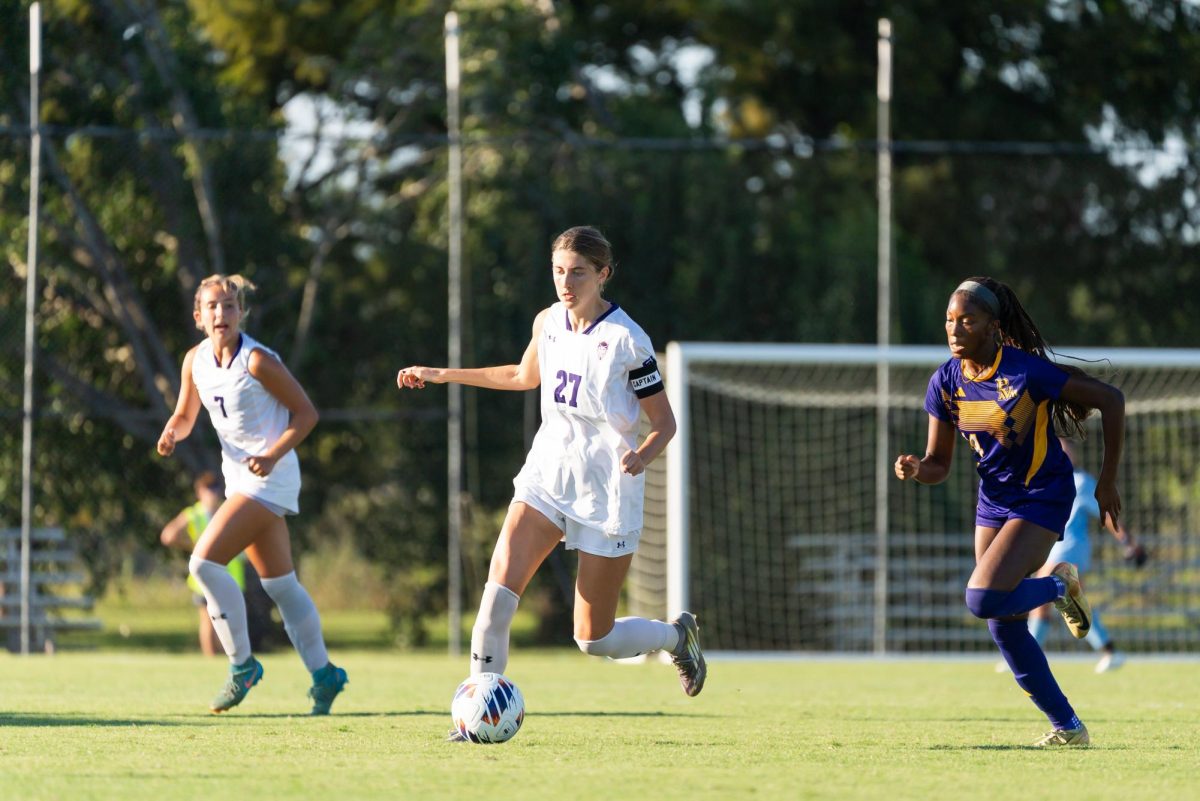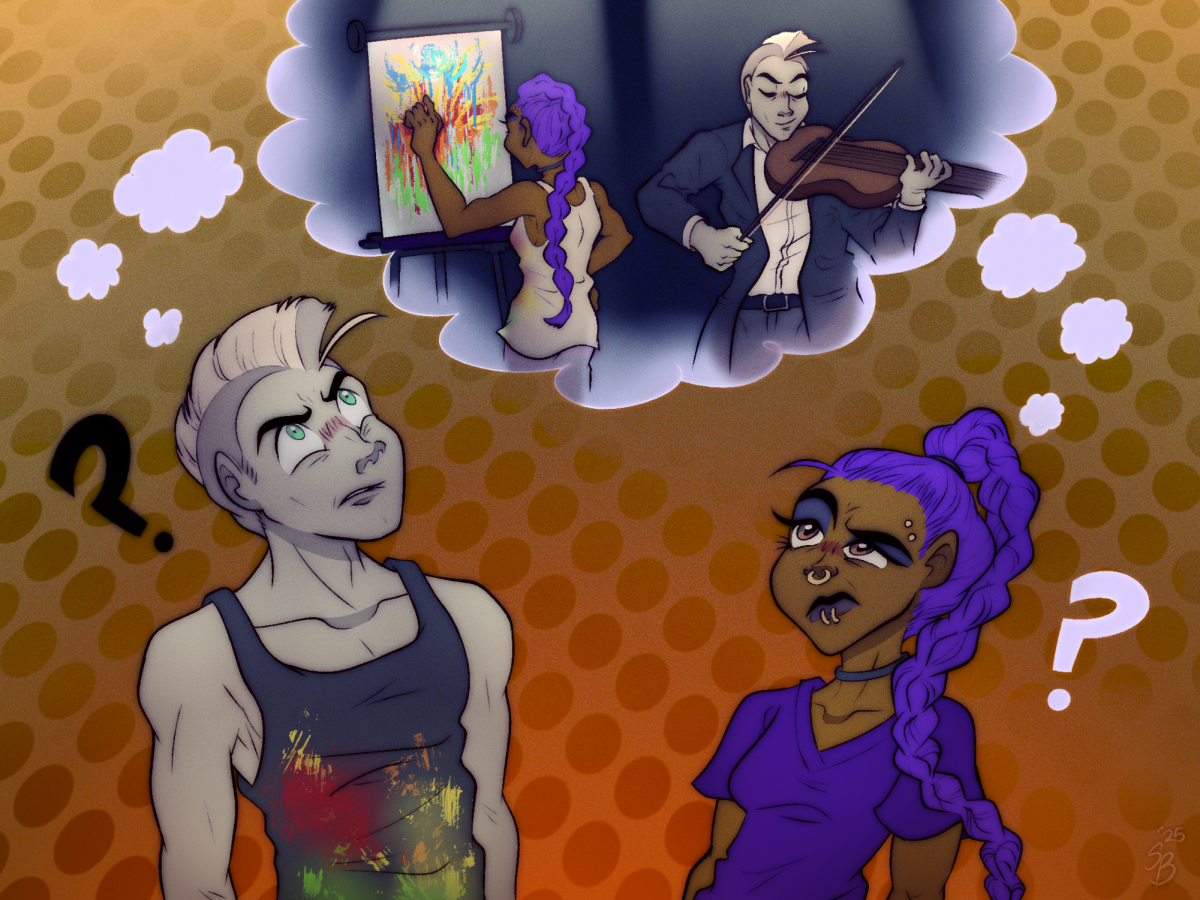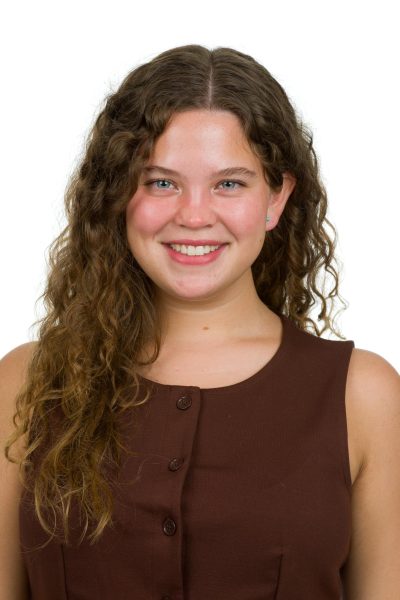Yohaselly Santiago- Rodriguez and Daniel Rivera-Vázquez have been married for 13 years and have worked together at Northwestern State University of Louisiana for the past five years.
“We had similar interests and values, plus we had some friends in common. I think these were some of the main things that led to us developing a relationship,” Santiago-Rodríguez said.
Santiago-Rodríguez is from Juana Díaz, Puerto Rico while Rivera-Vázquez is from Ponce, Puerto Rico. The couple met in primary school and began dating in high school.
Rivera-Vázquez has been working at Northwestern State University of Louisiana since 2017, as an associate professor of chemistry with a doctorate in applied chemistry and a specialization in materials chemistry.
He begins his day early with lectures and preparing for laboratories, then spends his afternoons teaching a chemistry class or working with his research students. Outside of work, he enjoys hanging out with friends, playing video games or staying home to relax.
Santiago-Rodríguez is an assistant professor of chemistry with a doctorate in chemical engineering from the University of Puerto Rico at Mayagüez. She has been working for NSU since 2018.
She spends her weekdays busy with teaching classes and labs or mentoring students for their research projects. Outside of office hours, she relaxes by doing yoga, loves spending time with family and enjoys cooking – a hobby both her and her husband share.
Between semesters, they also enjoy traveling together.
“We either go visit our family across the US and PR or explore a different country. Spending a few weeks in a different country and immersing yourself in the culture is an amazing experience,” Santiago-Rodríguez said.
At work, at home and everywhere in-between, the two find that their heritage plays a significant role in each day of their lives.
“At work, every now and then we meet a Hispanic student with whom we would interact in Spanish, share stories or simply go over the course material in a language that is more comfortable for us. Outside of work, the way we interact with others is shaped by our background,” the couple agreed.
Although there are moments of misunderstandings through communication with those of different cultures, it is worth having those conversations. The two professors are thankful for their friends and coworkers who will gladly talk with them through the obstacles that their different cultures arise.
Being at NSU, Rivera-Vázquez has realized many people across different cultures share similarities in their upbringing and background.
Talking to his friends, Rivera-Vázquez gets a sense of how many similar experiences they had growing up, despite the cultures each of them came from. He believes understanding others and realizing their similarities has allowed him to grow as a person, even as the couple did not move to the United States until they reached their thirties.
“I guess success and failure looks (and feels) about the same across all cultures,” Rivera-Vázquez said.
One must be willing to take the risk of failure in order to succeed, no matter how uncomfortable it makes them.
“Moving to another country can be intimidating, scary and overwhelming, especially if you are not fluent in the local language or have not been there before,” Santiago-Rodríguez said. “However, you should not let fear stop you from experiencing new things.”
Santiago-Rodríguez teaches and inspires those of a Hispanic heritage (or those of any culture) to overcome cultural barriers. Overcoming these obstacles allows the student to learn from others and share their culture.
“It is such an amazing thing when you can sit down with people from different backgrounds, and just talk,” Rivera-Vázquez said. “You gain different perspectives, insights into other people’s struggles, customs, values and more.”
With this, Santiago-Rodríguez encourages others to embrace diversity.
“Celebrate our differences and similarities because this is what makes us who we are,” Santiago-Rodríguez said. “It’s very interesting to discover what things different cultures have in common, an example being food and customs.”
Here in Louisiana, the celebration of Mardi Gras is surprisingly similar to the Puerto Rico Carnival, which takes place in the couple’s hometown.
“We celebrate it on the same days, actually, and it ends right before Ash Wednesday, just like Mardi Gras, and the foods in Ponce are similar to gumbo and jambalaya,” Rivera-Vázquez said.
He shared that he found it nice to see Louisiana had so many similarities to Ponce, Puerto Rico. “If I had to go somewhere in the U.S., I think this was the best,” he said.
The diversity and similarities across different cultures can help people appreciate other customs better.
Rivera-Vázquez wants Hispanics students to never shy away from who they are.
“Be confident in who you are and where you come from,” he said. “Culture is something to be proud of, not something to lose or hide!”





















